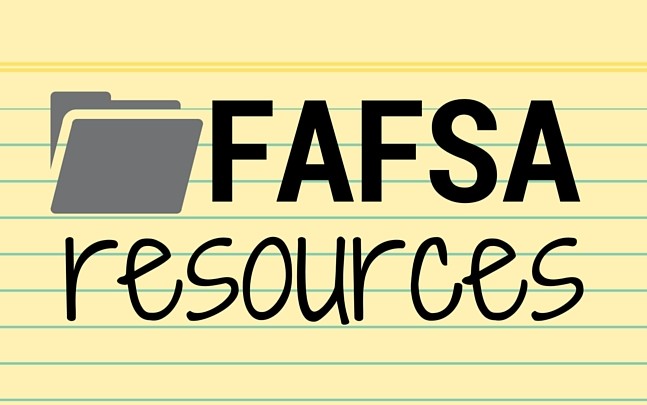
An executive order signed by President Barack Obama on September 13, 2015 will change the way high-school students and their parents plan for college aid. Beginning October 1, 2016, families with high-school students will be able to apply for financial aid a few months after they have filed their 2015 tax returns, rather than wait until the next year’s tax season to finalize their Free Application for Federal Student Aid (FAFSA). In the past, the FAFSA was not available until January 1 and had to be completed in January or February, a few months before their tax returns were completed for the prior year. The change will require families to complete the FAFSA based on prior-prior-year income instead of prior-year income. In other words, for current high-school sophomores graduating in 2018, the base year in reporting family income on the FAFSA will be 2016, rather than 2017.
While this change will help reduce the number of applicants who need to estimate income or taxes paid, the change will require families to get an earlier start in tax planning to ensure they receive financial aid. For example, if a family is considering making efforts to increase their taxable income in 2017, and they are planning for college for a current high-school freshman, they would want to make this move in 2016. The same family should also consider looking for other opportunities to shift 2017 income into this year to delay deductions. This is different from the traditional tax-planning approach of delaying income and accelerating deductions. Additionally, if the family is considering switching from a traditional individual retirement account to a Roth IRA, which would boost taxable income, they should do so before the end of this year.
Similarly, families planning for college should lock in capital gains on investments that they were planning to sell the next year. And, children who have investments with embedded capital gains in their own name should consider selling them before the end of the year to recognize the gains if the investments will be used for college.
Grandparents should also be aware of the change. Once the new rules are in effect, grandparents will be able to make financial gifts to college students earlier in the college years without it being counted as student income on the FAFSA.
It is important to note that the change applies only to the FAFSA, not the CSS/Financial Aid Profile, which is used by nearly 300 private colleges to award their own funds. Currently, the College Board is focused on supporting institutions that are transitioning to prior-prior-year data. Next steps for the CSS/Financial Aid Profile are to be determined.
In sum, the change to completing the FAFSA should be a simpler and less confusing process, as fewer families will be estimating their taxes paid for the prior year. Families will be able to complete the FAFSA with more accurate information. But, this change will require families to reconsider their tax-planning strategies to ensure they receive proper financial aid.
 Vince Nardone Discusses Employment Contracts with Ohio State Dental Students
Vince Nardone Discusses Employment Contracts with Ohio State Dental Students  Navigating the 2024 Landscape: Strategies and Considerations for Dental Support Organizations (DSOs)
Navigating the 2024 Landscape: Strategies and Considerations for Dental Support Organizations (DSOs)  Sellers of Dental Practices to DSOs need to have a Buyer’s Mentality Requiring Selectivity and a Well-Thought-Out, Decision-Making Process
Sellers of Dental Practices to DSOs need to have a Buyer’s Mentality Requiring Selectivity and a Well-Thought-Out, Decision-Making Process  Increasing Profitability by Minimizing Disruptions within Your Dental Practice
Increasing Profitability by Minimizing Disruptions within Your Dental Practice  As a Dentist, What Are My Obligations Related to Out-of-State Patients and Potential Prescription Drug Abuse?
As a Dentist, What Are My Obligations Related to Out-of-State Patients and Potential Prescription Drug Abuse?